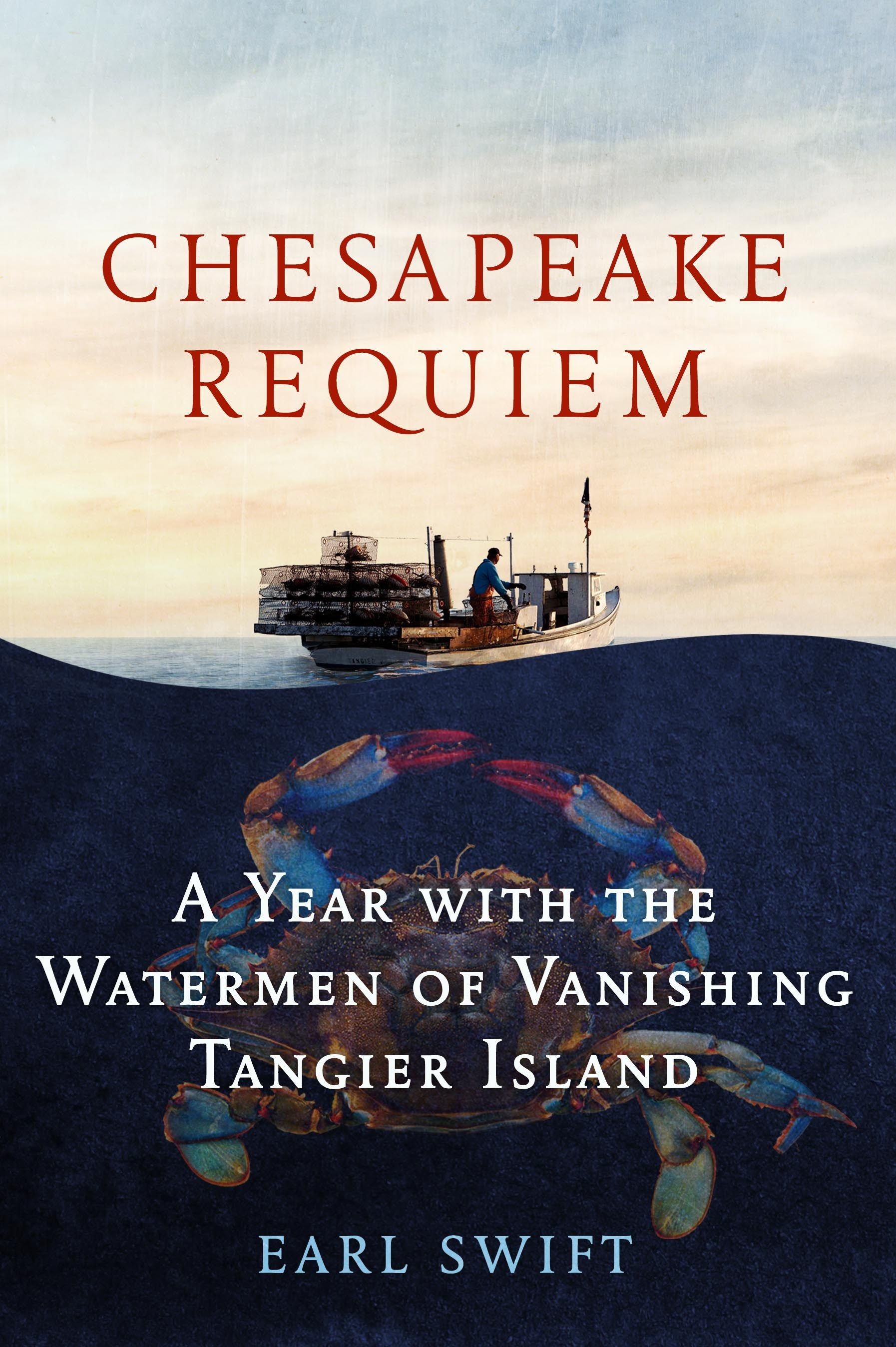

Now that the ice is gone, the land that seesawed up - including coastal Virginia - is seesawing back down. Some 21,000 years ago, the Laurentide ice sheet stretched across the middle of the continent, its tremendous weight pushing down the earth below, while the ground around it curled upward. As if sea-level rise weren’t enough, the island has also long lost ground to erosion, and the entire region is sinking. The point is that this disaster is happening, and these people need help.” “I don’t care if you want to call it erosion or sea-level rise or Aunt Sadie’s butt-boil. How is that OK?” one islander tells Swift.

“We’ve actually got people sitting around debating whether these people are worth saving. They may not believe in a major factor of their own demise, but that doesn’t render their extinction any less real. Instead, he penetrates a human community facing an existential threat in ways few of us can understand. He works hard to move beyond fly-by descriptors like “quaint” or “lost in time,” which mainlanders often use to describe the isolated crabbing community. Swift is unflinching about the catastrophe on the ground, but careful not to belittle the beliefs of those at the heart of the calamity. His new book, Chesapeake Requiem: A Year with the Watermen of Vanishing Tangier Island, is part regional history, part crabber ride-along, part disaster narrative in slow motion.Īt its best, Chesapeake Requiem is a meditation on belief and disbelief in an America shouting about fake news. Earl Swift, an author of six previous books and a former correspondent for The Virginian-Pilot, immersed himself for the better part of two years with the 481 inhabitants of Tangier. In recent years, they’ve garnered some media attention for the paradox of largely rejecting sea-level rise while simultaneously suffering its wrath. Tiny, waterlogged Tangier Island, off the coast of Virginia in Chesapeake Bay, is full of people of faith.

If you live on an island in the middle of 18 trillion gallons of warming, expanding water, you’re eventually going to sink no matter what you believe. Either way, if you step off a cliff, you will most certainly fall. “The good thing about science,” Neil deGrasse Tyson tells us, “is that it’s true whether or not you believe in it.” Your stance on gravity is irrelevant. This story was originally published by Undark and is reproduced here as part of the Climate Desk collaboration.


 0 kommentar(er)
0 kommentar(er)
